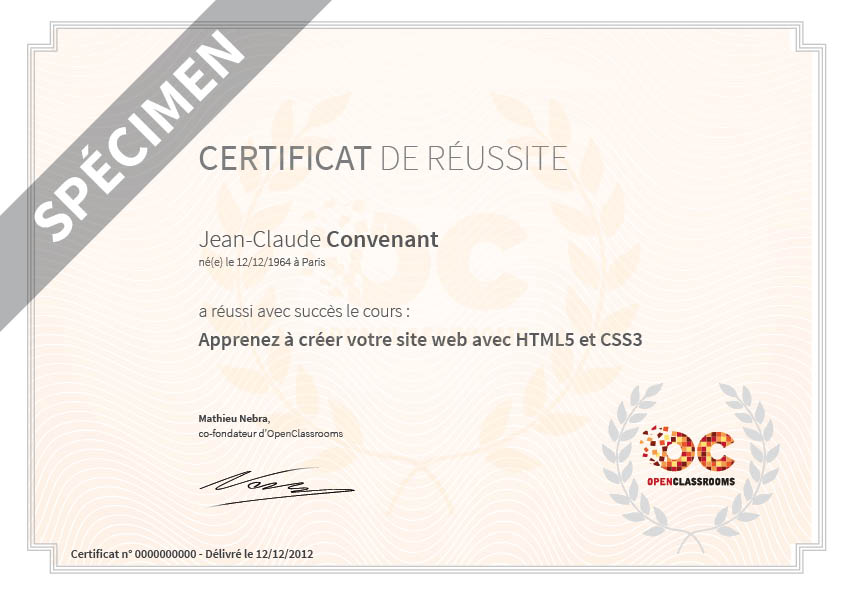As I said earlier in the course, networking is about paying it forward; finding ways to offer your services or knowledge, anything that adds tangible value to others, as a way to start the conversation and start building relationships.
But you need to see a return on your hard work. The conversation has to be about you eventually!
This can often be the most challenging part of networking; how you turn a conversation from what you can do for someone else, to what they can do for you.
So what are you asking for and how?
Ask for advice
This is where the networking templates we discussed at the end of Part 2 come into play. You are asking for their advice and a little of their time (and as I just mentioned, for a personal introduction, aka referral).
If you find this challenging, remember that you are not the first person to ask for their advice. Plus, asking someone for advice is flattering!
So what kind of advice should I ask for?
Advice on which qualifications a company or sector values.
Their opinion on where they see the growth areas within their industry (leading to more job opportunities).
Ways to gain hands-on experience (job shadowing, volunteering, internship). These forms of work experience are generally more suited to people at an early stage in their career.
Their advice and time can come in the form of an online conversation (email, LinkedIn), a phone call, or even a face-to-face meeting. How they want to communicate with you is up to them to decide, not you.
The general rule is, the more experience you have, the more value and credibility you have. That credibility is like cash in the bank. It gives you more options. In this case, you can choose to cash some of your credibility in by requesting a face-to-face meeting.
Ask for mentoring
Or, you might be looking to take the relationship a step further and want a mentor. A mentor is someone more experienced and more senior who is working in the position or sector you are interested in. They share their wisdom, do’s and don’ts, help you clarify your goals, and may even introduce you to their contacts.
Finding the right mentor takes time, the right background, and personal chemistry for it to be most effective.
Don't ask for a job
I can't emphasize this enough: don't ask for a job. This is often awkward and can ruin the relationship.
Let's recap!
Don't lose sight of the fact this conversation needs to be about you once you have established some rapport.
Experience equals credibility. Do not be shy to use that credibility to ask for a meeting.
Think about investing time in finding a mentor.
In Chapter 3, we are going to look at the different type of career related events, how to find them, how to act when you are there, and what to do if the idea of walking into a room of strangers terrifies you!
